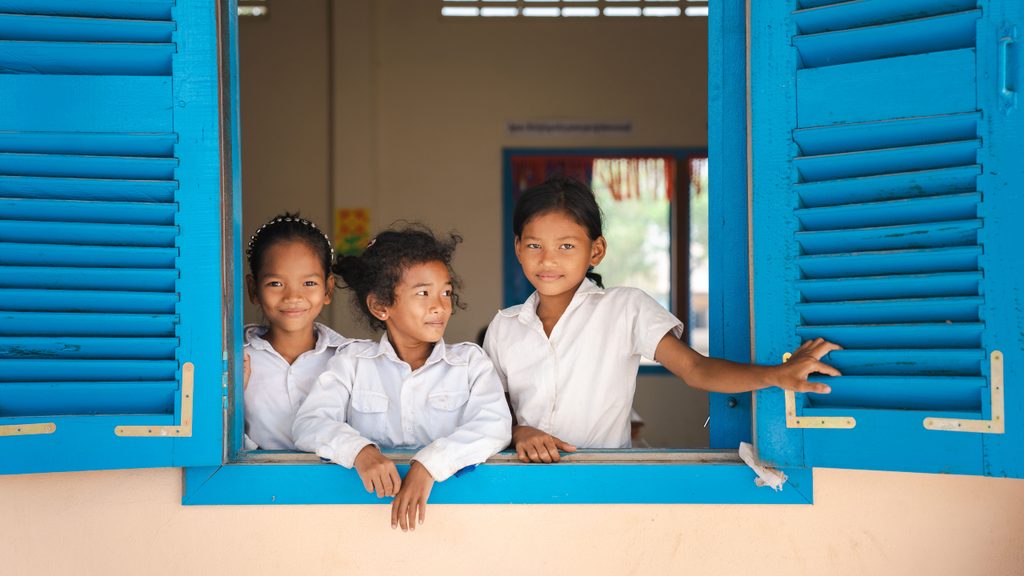Real Choices, Real Lives: Ten Years On (2016)
Ten years into the Real Choices, Real Lives research study, this report reflects on the lives of the cohort girls since their births in 2006.

Having followed their daily experiences, challenges and opportunities through annual interviews with the girls and their caregivers, Real Choices, Real Lives is uniquely placed to chart the educational, health, economic and social developments in the girls’ lives.
Documenting ten years of the lives of girls from nine countries around the world, this report sheds light on the gendered social norms and expectations that girls are inducted into in their early years. Since 2011, our researchers have been able to talk directly to the girls, following them from the ages of five to nine into the world of middle childhood, and now, as they reach ten, progressing to early adolescence.
This is a time when school and life outside the family take on greater importance; when girls really begin to absorb what is expected of them as girls; when household chores in many cases become a dominant part of their daily routine; and when their own expectations of life begin to solidify.
Download the report:
Real Choices Real Lives: Ten Years On (2016)
5.09 mb
Key findings
- Education: Over the first ten years of the girls’ lives, education has been of central importance to the girls’ families. Parents see education as the key to their daughters having a “better life” and value equal education opportunities for girls and boys – however poverty, ill health, household chores and poor weather conditions have caused barriers to the girls’ education, with many consistently missing school.
“It’s good to educate a girl, because nowadays women are taking up leadership positions in politics.”
Shifa’s mother, Uganda (2016)
- Economic situation: Most of the girls coming from farming families, and environmental changes and shocks have had serious impacts on their livelihoods.
“At the moment, making a living is difficult. I have very little to sell […] We nearly always eat pumpkins because this is what we have.”
Valerie’s father, Dominican Republic (2009)
- Gender-based violence: Many girls have been exposed to violence from a young age in their homes and communities. Girls share feeling vulnerable to violence, and their parents are extremely anxious about risks their daughters face when out in the community – particularly as they begin to enter adolescence.
“I don’t like them to go by themselves because the road is very isolated and some men I don’t trust live in front of my house […] They barely respect the girls when they go with me; imagine if they go alone” –
Bessy’s grandmother, El Salvador (2016)
- Gender norms: Girls begin to navigate gender roles and expectations from an early age. Many girls have started resisting against gender norms, however, and say that “it isn’t fair” for girls and boys not to be treated equally.
“In the morning, I get up, wash dishes, cook rice and go to school… Boys have more time to play than girls”.
Thearika, age 9, Cambodia (2016)
This report, first published by Plan International UK is the first stand-alone report for Real Choices, Real Lives. Previously, findings from this unique qualitative and longitudinal study were included as a section in Plan International’s annual State of the World’s Girls report series.


